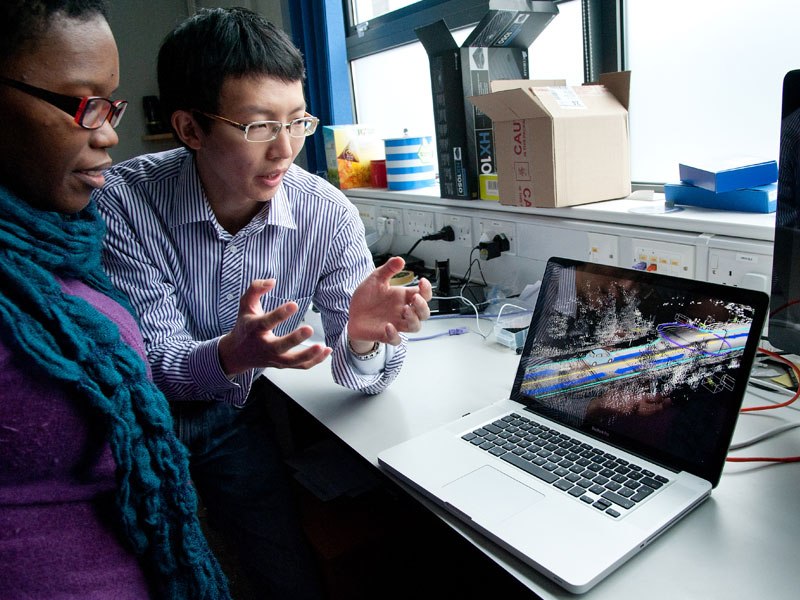Oxford's first means-tested undergraduate scholarships for Hong Kong have been announced. Established by The D. H. Chen Foundation, they demonstrate the vital role that donors play in helping the University to remain accessible to international students, regardless of their financial circumstances.

This generous commitment ensures that undergraduate students from Hong Kong will be able to undertake study at Oxford University. Two scholarships will be awarded annually from 2016/17 to students demonstrating exceptional academic merit, but who may be prevented from taking up their course of study due to financial circumstances.
In addition to covering all course costs, each scholarship will include internship funding of up to £2,500, enabling The D. H. Chen Foundation Scholars to gain valuable insight and experience into their chosen career paths.
Founded in 1970 by ardent philanthropist and devout Buddhist Dr. Din-hwa Chen, The D. H. Chen Foundation has become renowned for its support of worthy causes in Hong Kong. The private philanthropic organisation places a high value on giving back to the community, and is deeply committed to the development of education, medical research and healthcare, as well as the promotion of Buddhist values.
The D. H. Chen Foundation Scholarships form part of the Foundation's signature education initiative, and underpin their commitment to youth empowerment in Hong Kong, as well as the creation of sustainable social impacts.
Ms. Vivien Chen, Chairman of the Foundation said: 'I deem it an honour to establish these scholarships in my father's name, given his strong belief in the power of education to effect change. Collaborating with Oxford in this ground-breaking initiative is proof of our determination to provide Hong Kong with world-class, visionary and insightful leaders. Choosing from among Hong Kong's brightest scholars, our aim is to give each and every one of them a life-changing opportunity to study here and to benefit not only on an intellectual level, but also from Oxford's humanitarian ethos of public service.'